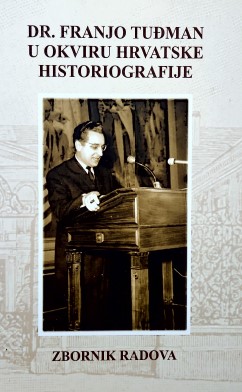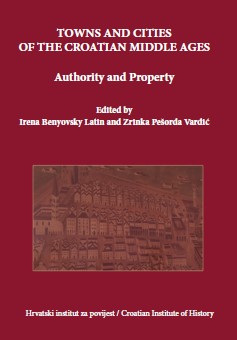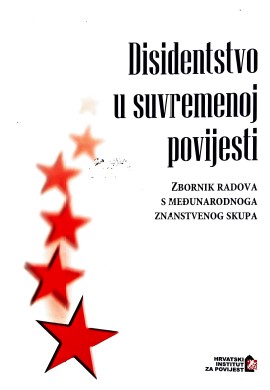
FRANJO TUĐMAN I ORGANIZACIJA RADA U INSTITUTU ZA HISTORIJU RADNIČKOG POKRETA HRVATSKE OD 1961. DO 1967.
The Institute for the History of the Workers’ Movement of Croatia was established on September 25, 1961 by a decision of the Executive Committee of the Central Committee of the League of Communists of Croatia and the Executive Committee of the Main Board of the Socialist League of the People’s Republic of Croatia with the principal task of studying the history of the workers’ movement in Croatia and the League of Communists of Yugoslavia, the history of the people’s liberation war, and the socialist revolution. The task had not been officially changed for the entire time Tuđman served as the Institute’s director (1961-1967), but the Institute’s research was nevertheless expanded to economic, cultural, and educational subjects. Tuđman, however, lacked experienced staff, and his methodology of setting a goal first and then proving it later was not the best of choices. Excessive recruitment transformed the Institute into the most expensive scientific institution in Croatia. Attempting to justify the existence of this young institution, Tuđman decided to make the Institute publicly active, which proved detrimental to its future. The Institute was blacklisted and its results belittled or attacked. Tuđman was forced to leave the Institute, and his successors cut down the number of Institute’s associates from 126 to only about fifty. Tuđman’s activity at the Institute is a self-contained unit with its beginning, its development, and its end. A troubled end followed the initial good idea and the brilliant beginning, and it altered Tuđman and all of his co-workers, but also had a considerable impact on the historiography of modern Croatian history, which only sprung to life again after the arrival of new people who had no memory of the Institute from Tuđman’s era. Tuđman had a vision of the Institute’s task, but objective causes prevented him from putting his vision in effect. Still, he helped raise the historical awareness of everyone who researched history, politics, culture, economy, literature, and other aspects of life. 1971 and everything that happened afterwards was thus more or less marked by traces of Tuđman’s efforts.
More...

